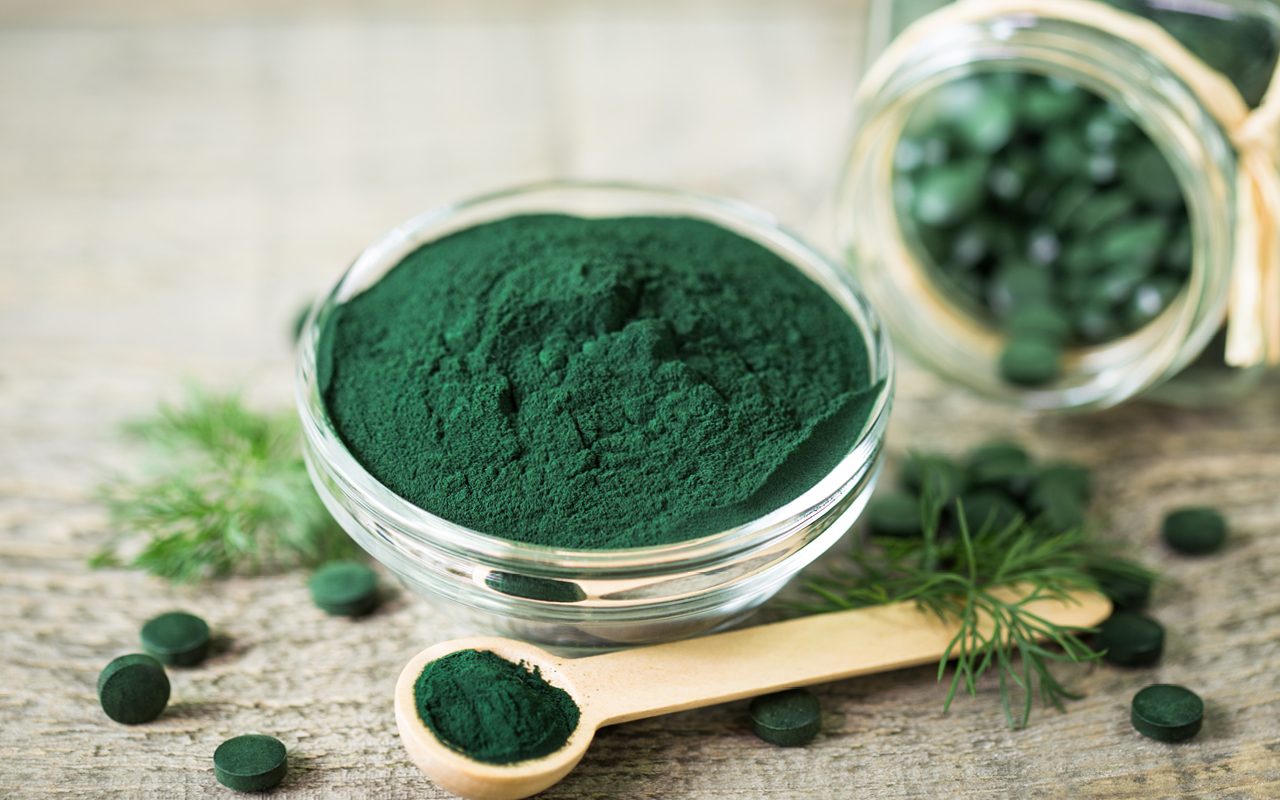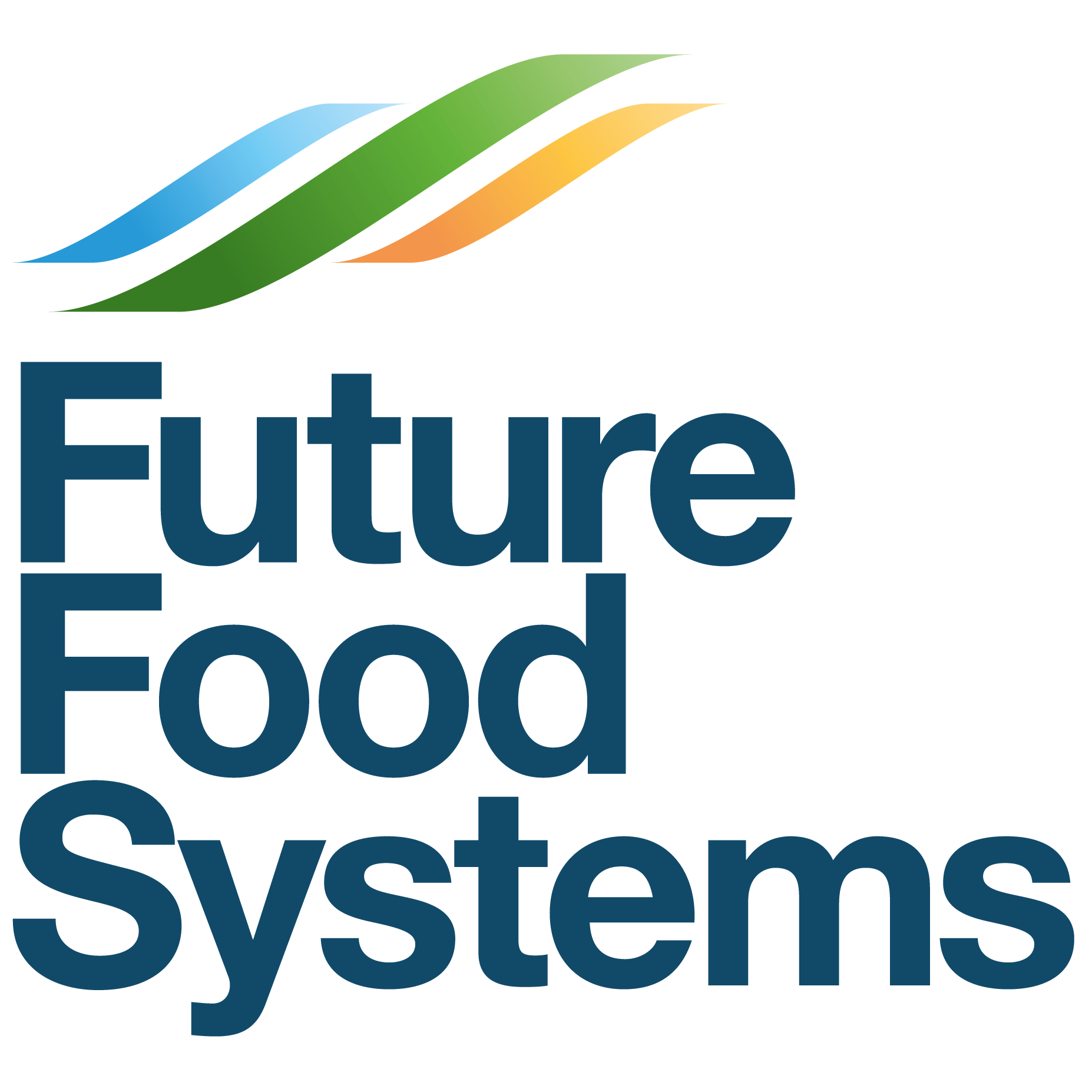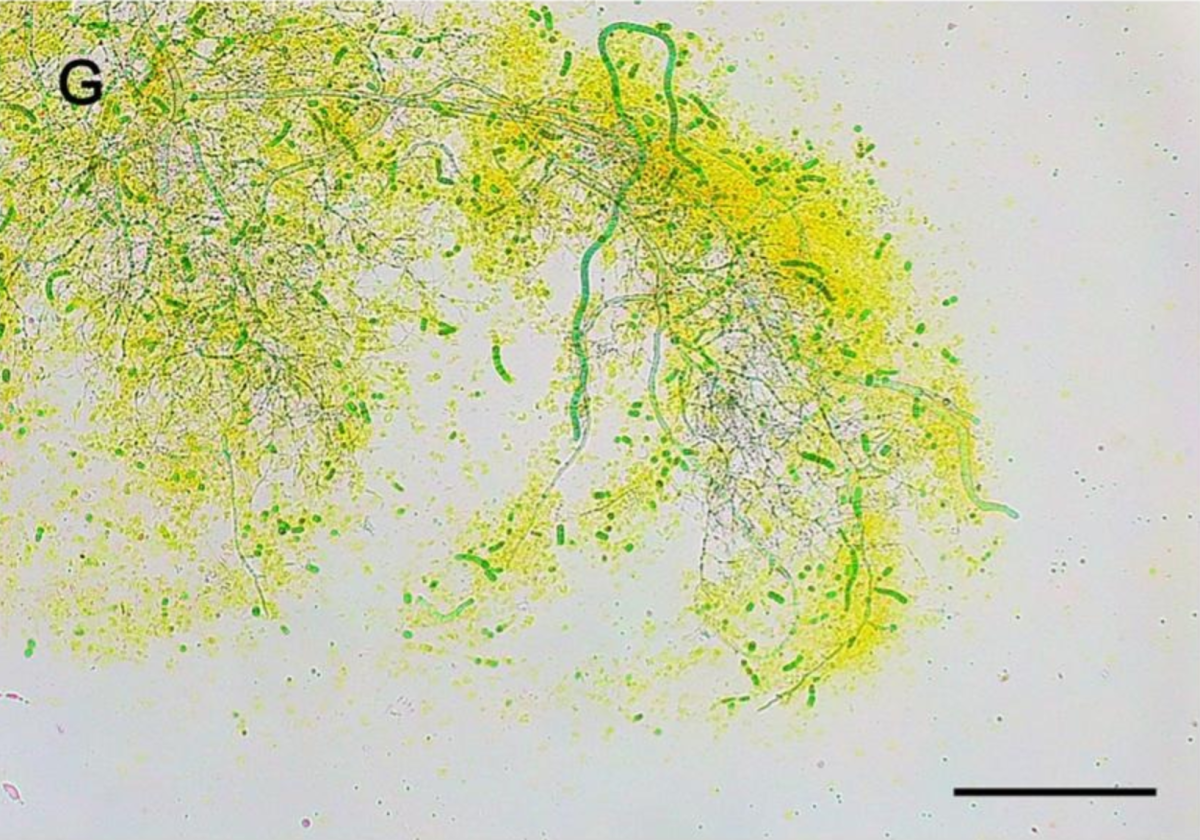Challenge Spirulina, a nutrient-rich biomass of cyanobacteria, is widely recognised as a “superfood” due to its high protein content and ecological sustainability. Traditionally sold in dried form to extend shelf life, fresh Spirulina offers superior nutritional and sensory qualities but is highly perishable.. Maintaining its safety, quality, and shelf stability without chemical preservatives remains a key challenge.
Solution This project explores the application of cold plasma technology as a chemical-free preservation method for fresh Spirulina paste. Cold plasma, a non-thermal processing technique, is being evaluated for its ability to reduce microbial load while preserving nutritional and structural integrity. By targeting microbial decontamination without heat or additives, the process aims to extend shelf life and ensure safety without compromising the product’s health benefits.
Impact If successful, cold plasma treatment could enable the safe distribution and storage of fresh Spirulina, expanding its market viability and global accessibility. This has particular significance for food security initiatives in developing regions, where fresh, nutrient-dense foods are in demand but infrastructure for cold storage and preservation is limited. By offering a scalable, non-chemical solution, the project supports a sustainable pathway for enhancing nutrition and combating malnutrition through innovative food technology.









